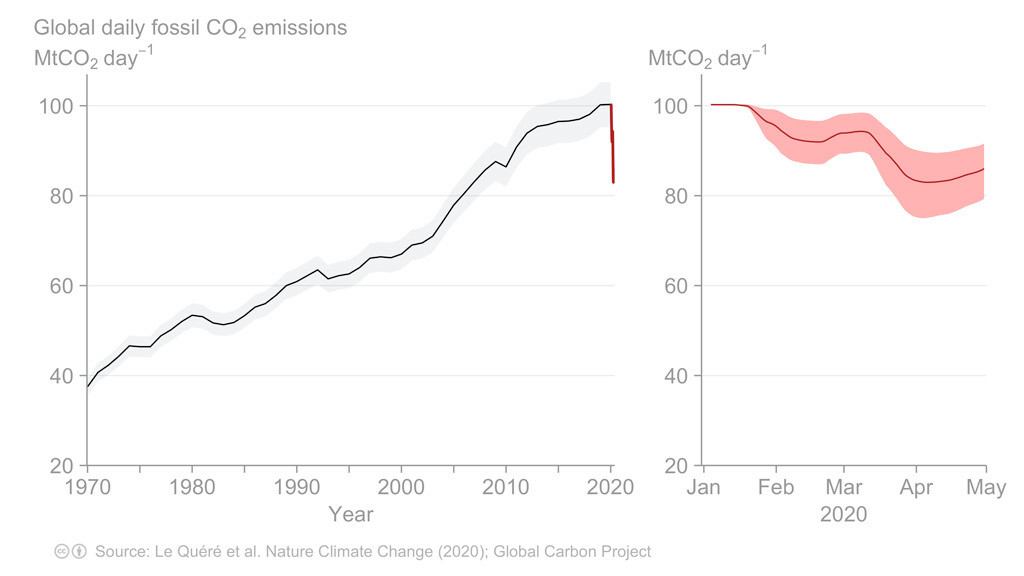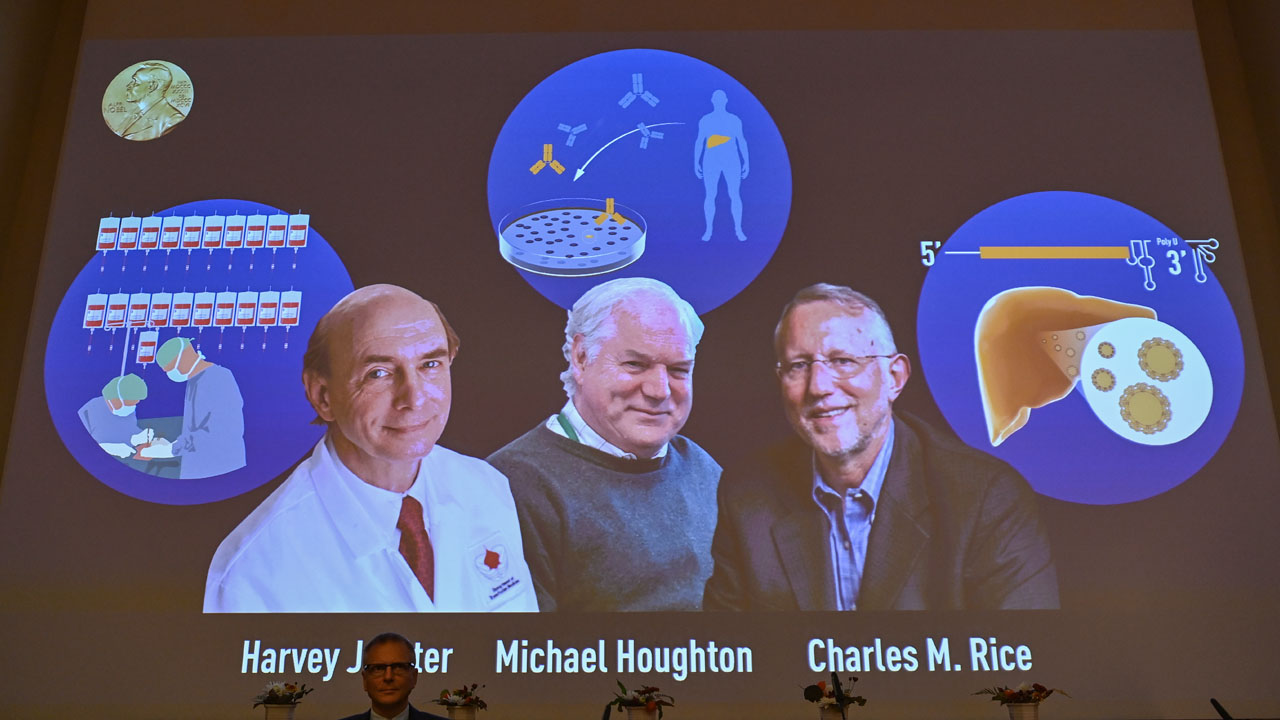Arnold, Smith Winter Win Nobel Chemistry Prize
US scientists Frances Arnold and George Smith and British researcher Gregory Winter won the Nobel Chemistry Prize on Wednesday for applying the principles of evolution to develop proteins used in everything from new biofuels to the world’s best-selling drug.
Arnold, just the fifth woman to clinch chemistry’s most prestigious honour since Marie Curie was honoured in 1911, won one half of the nine million Swedish kronor (about $1.01 million or 870,000 euros) award, while Smith and Winter shared the other half.
“The 2018 Nobel Laureates in Chemistry have taken control of evolution and used it for purposes that bring the greatest benefit to humankind,” the Swedish Royal Academy of Sciences said.
Life on Earth exists because over the past 3.7 billion years organisms have adapted to their environment, with evolution solving complex chemical problems: fish can for example swim in polar oceans because they have antifreeze proteins in their blood.
The trio used the principles of evolution — genetic change and selection — to develop proteins now used in a range of fields, in what is known as directed evolution.
“They have applied the principles of Darwin in test tubes. They have used the molecular understanding we have of the evolutionary process and recreated the process in their labs,” the head of the Academy’s Nobel Chemistry committee, Claes Gustafsson, told reporters.
“They have been able to make evolution many 1000s of times faster and redirect it to create new proteins.”
Arnold, 62, who has survived breast cancer and is a single mother to three sons, is a professor of chemical engineering at the California Institute of Technology.
“I’m bouncing off the walls but I’m trying to pretend to sound calm and collected,” she told the Nobel Foundation in an interview, adding she was “annoyed” she couldn’t reach her sons to give them the news. “They never answer the phone when Mom calls.”
Her method of rewriting DNA to mimic evolution has helped solve problems such as replacing toxic chemicals like fossil fuels.
As a result, renewable resources like sugar cane are being converted into biofuels.
More environmentally friendly chemical substances are being developed, improving everyday products such as laundry and dish washing detergents to enhance their performance in cold temperatures.





